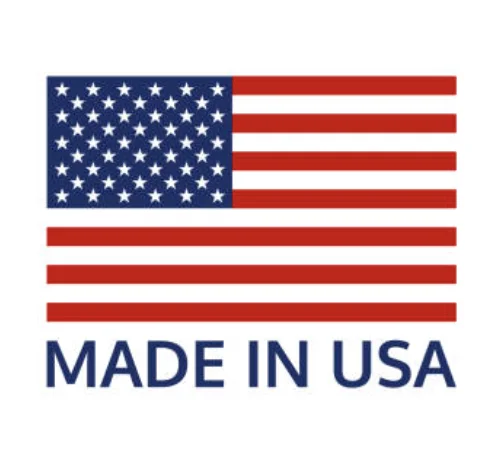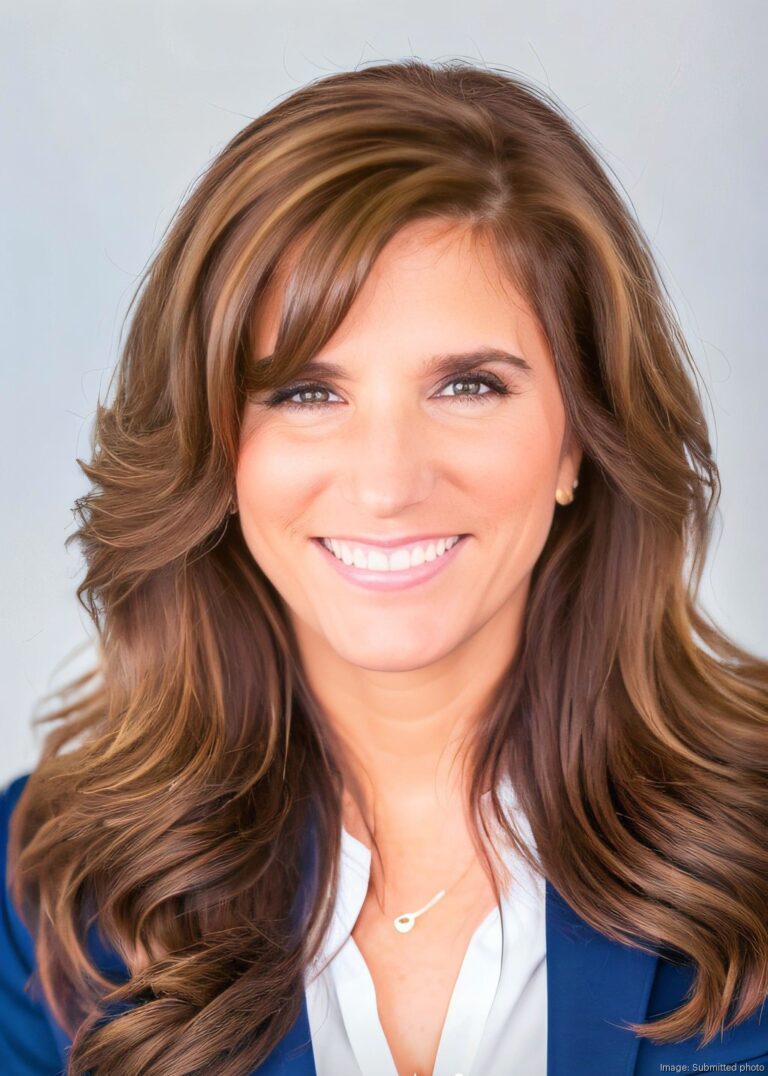-
561-204-5765561-204-5765
-
MADE IN USA
 MADE IN USA
MADE IN USA
Menu
Menu
Menu


Our waterways are anything but clean, and trash and pollutants are an immediate danger to fish and the underwater ecosystem. That’s where Tara Lordi and her company, Weedoo Greenboat, come to the surface.
Growing up in New York at the base of the Catskill Mountains, I spent my childhood outside — climbing trees, exploring streams, and finding joy in nature’s quiet moments. The water was truly our playground. I never questioned that it would always be clean, always be there for us. But one day, that changed.
I remember standing at the edge of a lake, staring at a freshly posted sign that said, “No Swimming for 24 hours.” I started investigating and found out that chemicals were being poured into the water to kill off an invasive weed. Well, fish can’t read! The human swimmers may have been protected from the chemicals, but the fish and other critters in the water were out of luck. It was this early experience, and the influence of my grandfather and father, both of whom were devoted to science and the environment, that set me on a path toward environmental protection.
My career didn’t begin in environmental engineering, but my passion for solving problems led me to it. I worked in industries that required innovation and resourcefulness, skills that I would later apply to my true calling. Eventually, I had the opportunity to co-found a company that would create small but mighty aquatic weed harvesters. I saw their potential—not just as machines, but as tools to restore balance to our waterways without relying on harmful herbicides.
That’s how Weedoo Greenboats was born. We build eco-friendly aquatic harvesters that remove invasive vegetation efficiently and sustainably. We don’t just clean up lakes and rivers — we restore them, making them safe and accessible again. Our boats are now being used in 41 states and 18 countries by government agencies and private businesses alike.
I’m encouraged that a growing number of people are asking hard questions about what is going into the lakes and streams where they live and play. And that the people charged with caring for those bodies of water are recognizing that it makes good environmental and economic sense to use a mechanical approach to weed removal versus a chemical one. It’s an issue that is not going away any time soon. As climate change fosters more opportunities for new and invasive species to thrive in new areas, and as development expands beyond the city limits, the need to have clean, clear waterways will only grow.